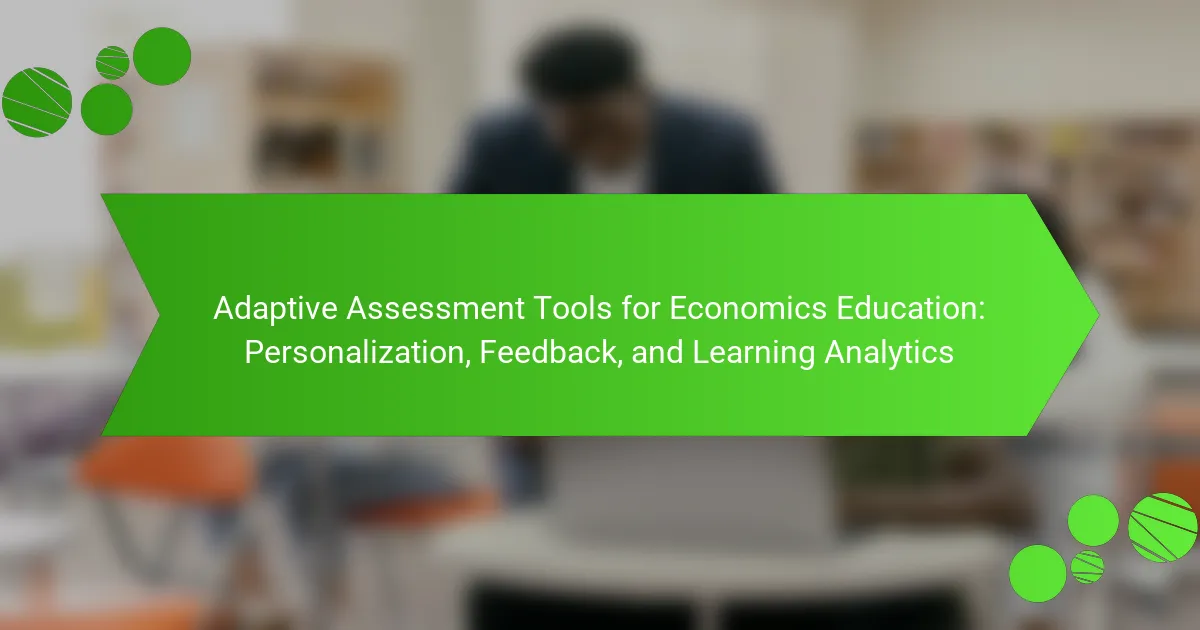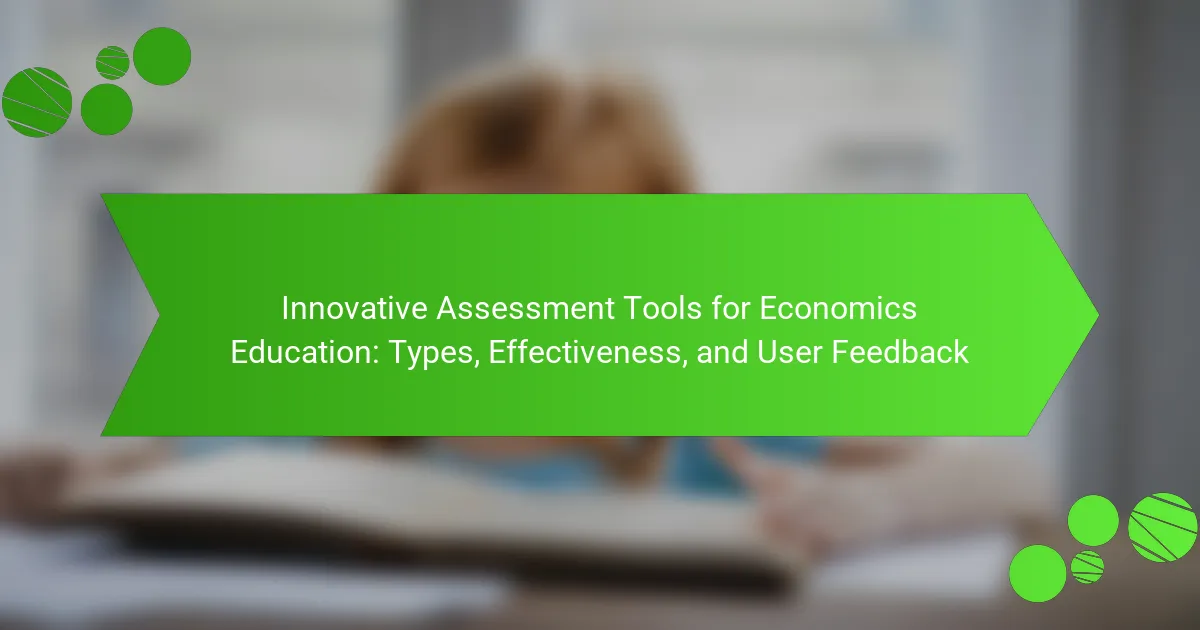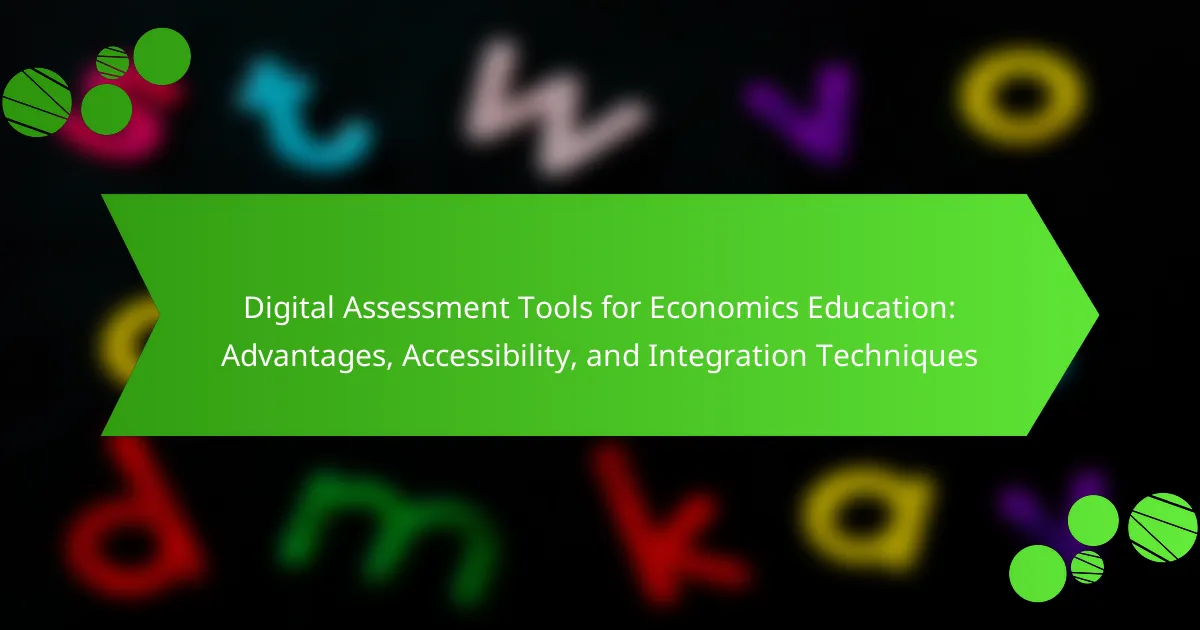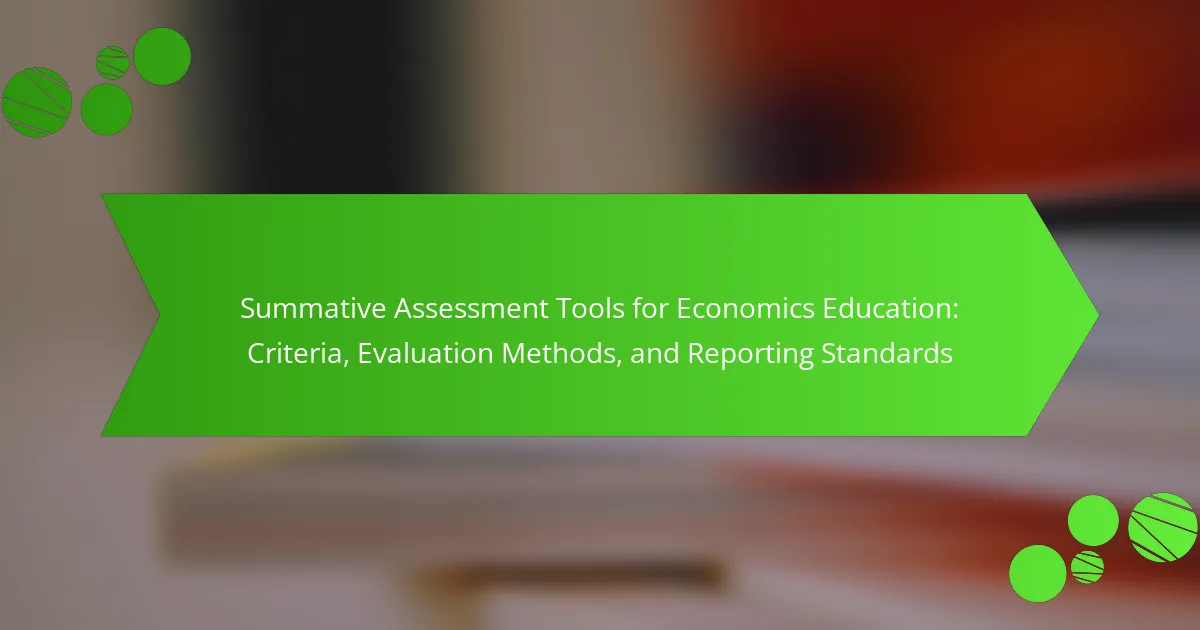
Adaptive Assessment Tools for Economics Education: Personalization, Feedback, and Learning Analytics
Adaptive assessment tools for economics education are digital platforms designed to modify the difficulty of assessments based on individual student performance. These tools enhance personalized learning by tailoring questions to meet the specific needs of each learner, utilizing algorithms to analyze responses and provide immediate feedback. Research demonstrates that adaptive assessments improve learning outcomes, with…








